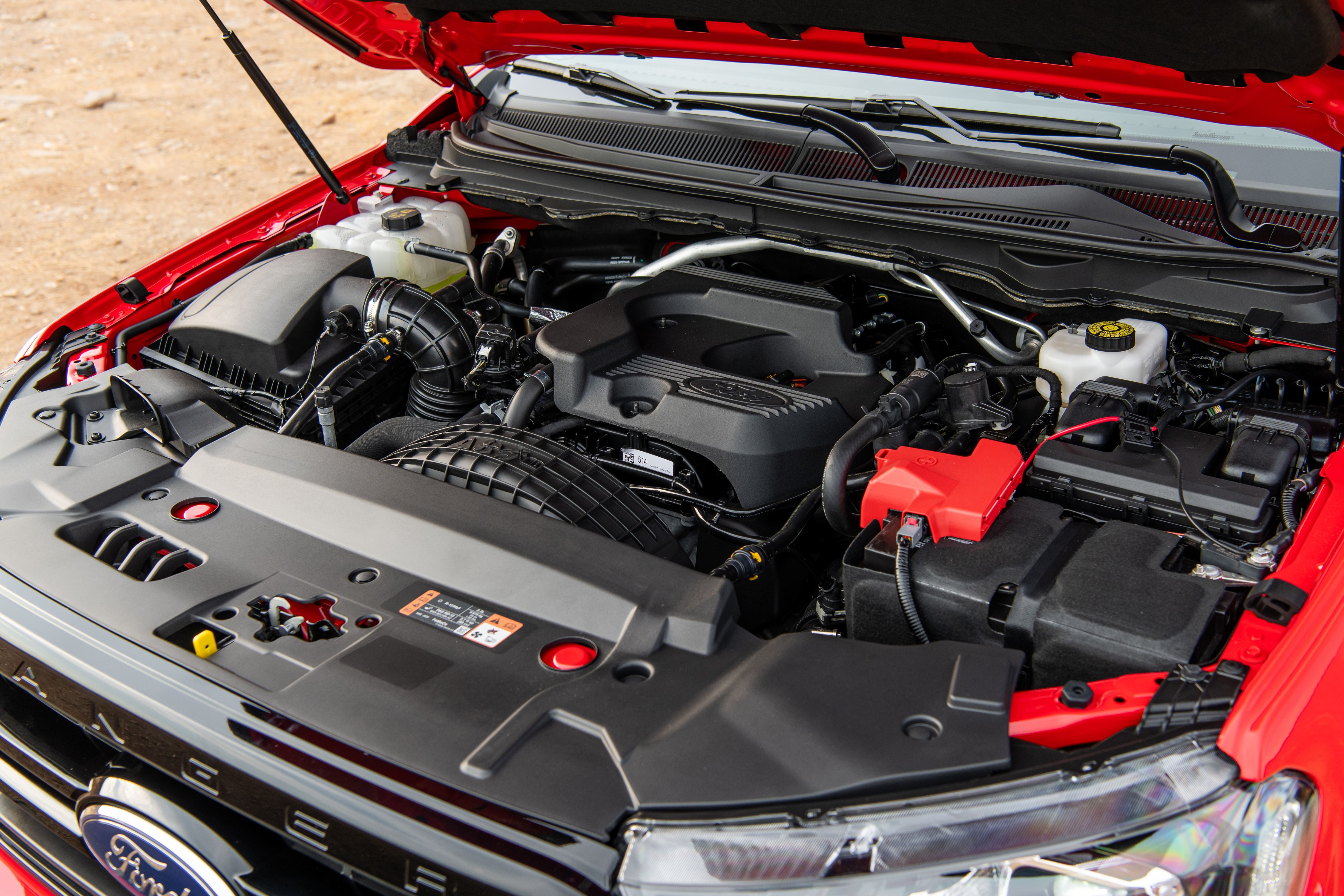Is the 2.2 Ford Ranger Engine the Right Fit for Your Driving and Work Needs?
Is the 2.2 Ford Ranger Engine the Right Fit for Your Driving and Work Needs?
Blog Article
What Makes a Car Engine Run Efficiently: Top Tips for Optimum Care
The smooth operation of a cars and truck engine is basic to both performance and longevity, making ideal care an essential responsibility for car owners. What certain actions should you prioritize to guarantee your engine stays in peak problem?
Routine Oil Modifications
Among one of the most vital facets of auto upkeep is guaranteeing your engine gets routine oil modifications. Engine oil lubricates internal components, reduces friction, and aids keep optimum operating temperature levels. With time, oil weakens as a result of warmth, pollutants, and the natural byproducts of combustion, leading to reduced performance and possible engine damages.
The majority of suppliers advise altering the oil every 5,000 to 7,500 miles, however this interval can vary based on driving problems and oil type. Synthetic oils may permit for longer intervals between changes. Normal oil modifications not only boost engine efficiency however also boost fuel efficiency, as clean oil advertises smoother operation.
Neglecting oil adjustments can lead to sludge buildup, which harms flow and can bring about serious engine concerns. It is important to examine oil levels routinely and check for any type of unusual adjustments in color or consistency, which can indicate contamination or deterioration.

Maintaining Coolant Levels
Keeping correct coolant degrees is necessary for protecting against engine getting too hot and making certain optimum efficiency. The coolant, usually a mix of water and antifreeze, circulates through the engine, soaking up warm and stopping thermal tension. Insufficient coolant can lead to raised engine temperature levels, which may create extreme damage and even complete engine failure.
To maintain optimum coolant levels, routinely inspect the coolant storage tank, generally found in the engine bay. Ensure the coolant is filled up to the recommended mark, as shown in your automobile's owner manual. It is a good idea to examine the levels at the very least once a month or eventually trips, specifically during severe climate conditions.
If you see that the coolant degree is consistently reduced, there might be a leak in the cooling system, which should be dealt with promptly to stop additional difficulties. 2.2 ford ranger engine. In addition, purging the coolant system every 2 to 3 years can assist get rid of any accumulated debris and make certain efficient warmth exchange
Monitoring Air Filters

It is recommended to examine the see this here air filter every 12,000 to 15,000 miles, or extra often if driving in adverse or dirty conditions. A simple visual evaluation can usually reveal whether the filter is unclean or harmed. If the filter shows up blemished or has visible dirt buildup, it needs to be changed promptly.
Making use of a high-grade air filter made for your details lorry model can even more boost engine performance. In addition, some cars may gain from recyclable filters that can be cleansed and re-installed, providing a affordable and environmentally friendly alternative.
Inspecting Flicker Plugs
Glow plugs are necessary elements of a lorry's ignition system, straight affecting engine efficiency and effectiveness. They produce the stimulate that fires up the air-fuel mix in the combustion chamber, promoting the engine's power generation. Routine examination of trigger plugs is essential for maintaining read this ideal engine function and protecting against possible concerns.
Dark residue or oil down payments can suggest incorrect burning, while a blistered or white appearance may suggest getting too hot. Both conditions require immediate focus to protect against more engine damage.
It's recommended to inspect trigger plugs every 30,000 miles, or as recommended in your lorry's owner handbook. Additionally, think about changing them according to the manufacturer's standards, as old or used stimulate plugs can cause misfires, lowered fuel performance, and boosted discharges.
Monitoring Tire Stress
Making certain correct tire stress is a vital aspect of vehicle safety and security and efficiency. Under-inflated tires can result in reduced fuel effectiveness, increased tire wear, and jeopardized handling. On the other hand, over-inflated tires can lower grip and enhance the threat of blowouts. Normal surveillance of tire pressure is vital for optimum lorry procedure.
Tire pressure must be examined at the very least once a month and before lengthy journeys. Use a dependable tire stress gauge to gauge the stress when the tires are chilly, preferably before the car has been driven for a minimum of three hours. Refer to the lorry's proprietor manual or the placard situated on the vehicle driver's side door jamb for the maker's suggested stress degrees.
It is necessary to note that tire pressure can vary with modifications in temperature; a decline of 10 ° F can lead to a 1-2 psi decline in stress. Furthermore, aesthetically examine tires for any indications of wear or damage during your surveillance routine. Maintaining correct tire stress not just improves automobile safety and security but likewise boosts gas efficiency and prolongs tire life, eventually contributing to a smoother engine performance.
Verdict
To conclude, keeping a cars and truck engine's smooth operation calls for diligent interest to several essential aspects. Normal oil modifications, correct coolant degrees, clean air filters, well-kept stimulate plugs, and optimum tire pressure collectively add to enhanced performance and durability. Adhering to these maintenance other techniques not just improves gas effectiveness yet additionally advertises a more secure driving experience. Inevitably, a positive approach to engine care is necessary for guaranteeing dependability and capability with time. 2.2 ford ranger engine.
One of the most essential facets of automobile maintenance is ensuring your engine gets normal oil adjustments. Engine oil lubes interior elements, lowers friction, and assists maintain optimal operating temperature levels. Regular oil changes not just improve engine performance but likewise boost gas performance, as clean oil promotes smoother operation.
Not enough coolant can lead to boosted engine temperatures, which may trigger severe damage or also total engine failing.

Report this page